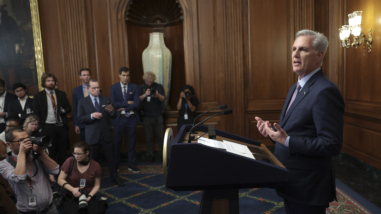Harvard University
For Harvard University Center For The Environment's Solar Geoengineering Research Program
-
Amount$250,000
-
Program
-
Date Awarded11/4/2016
-
Term12 Months
-
Type of SupportGeneral Support/Program
About the Grantee
Grantee Website
www.harvard.edu



